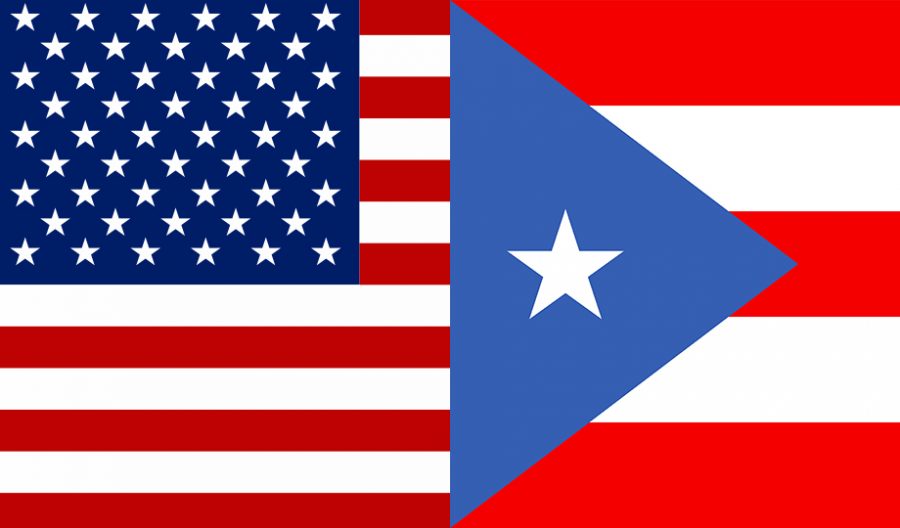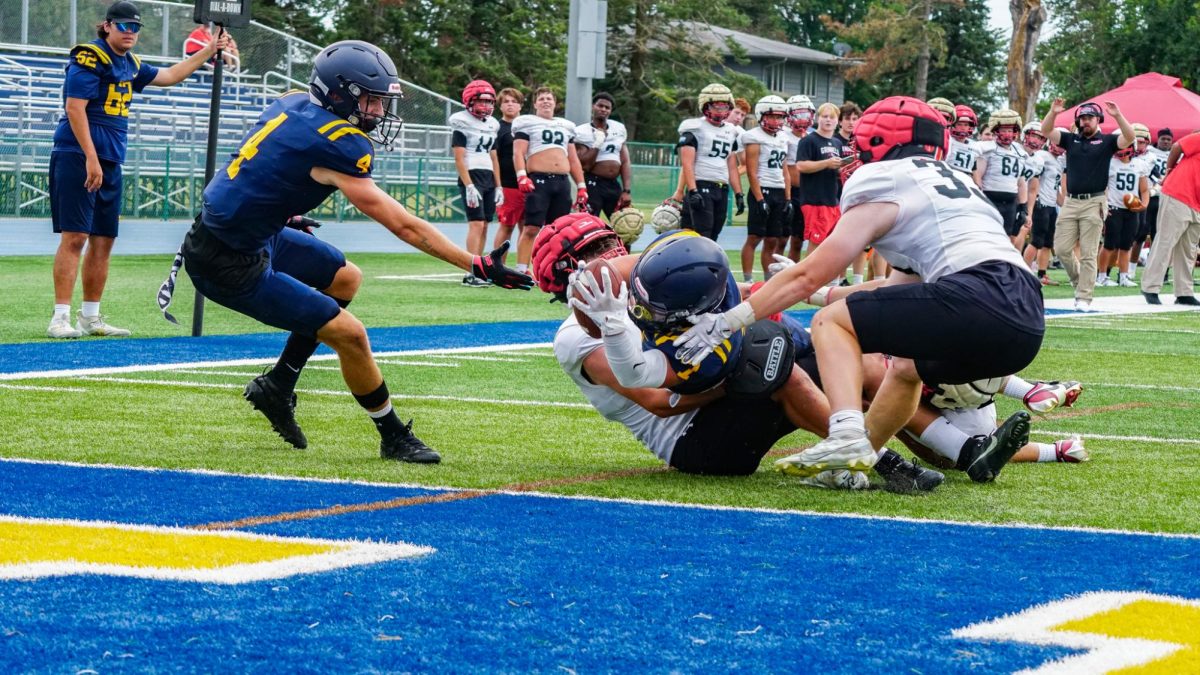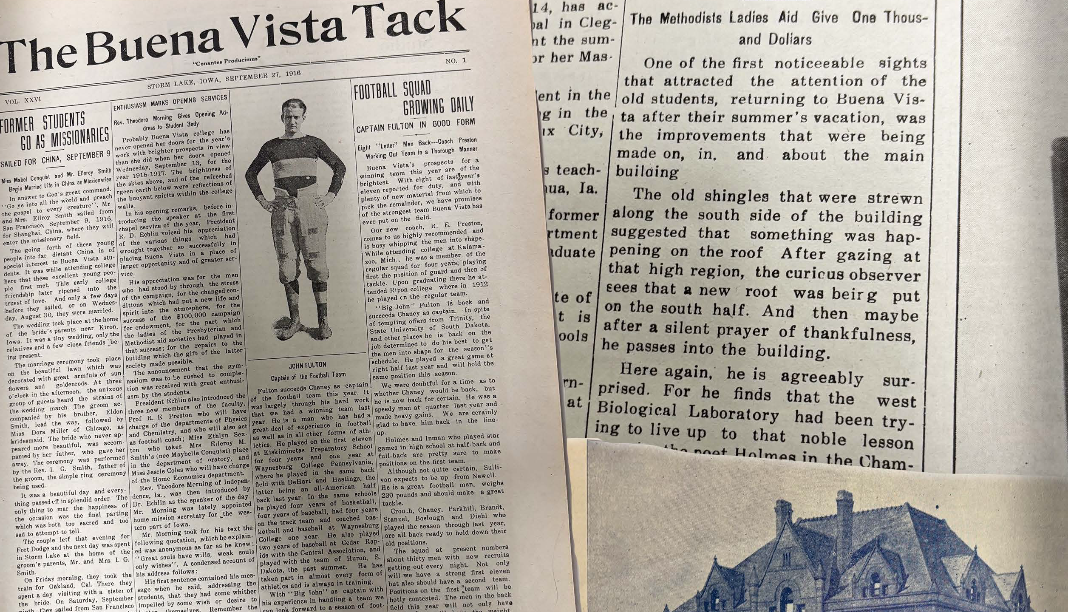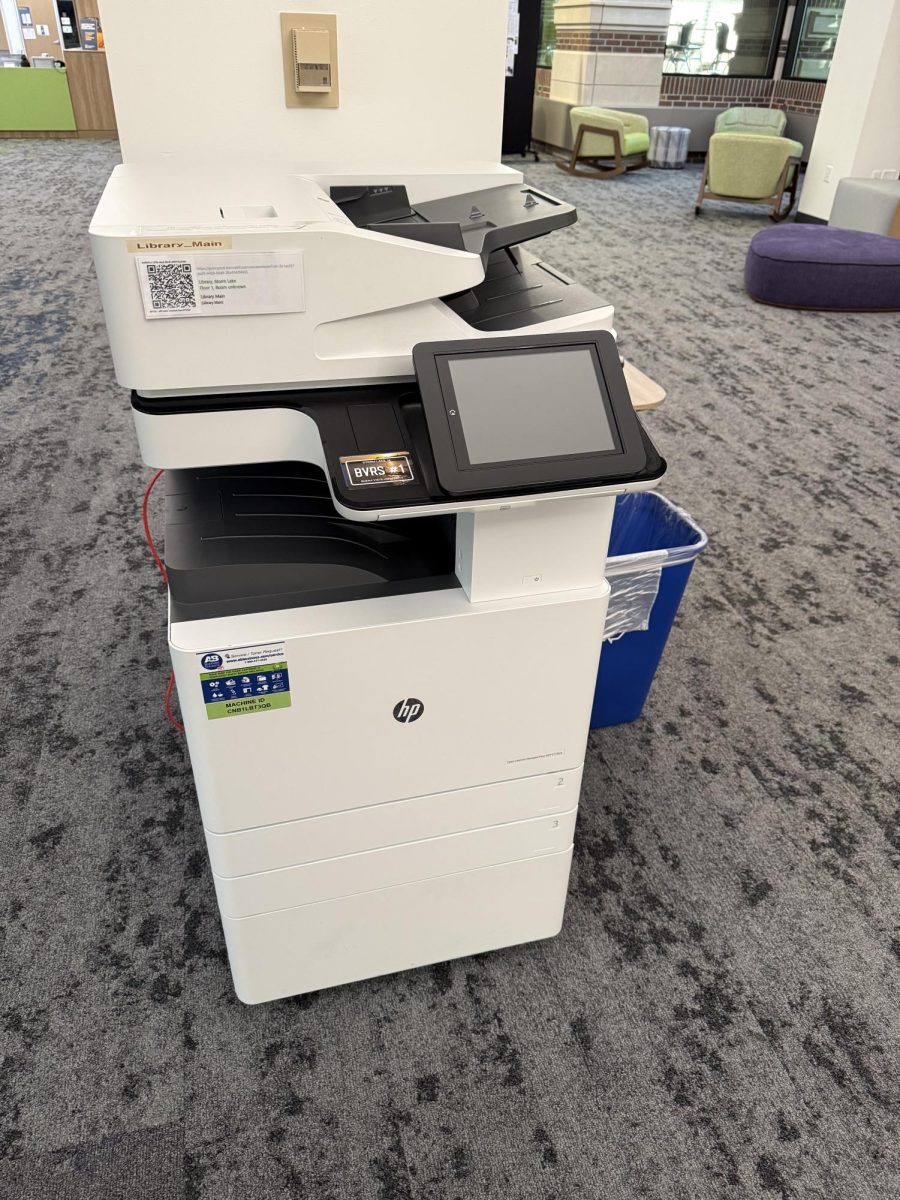A Domestic Issue: The Aftermath of Hurricane Maria
October 13, 2017
It’s been three weeks since Hurricane Maria devastated Puerto Rico. The death count has increased to 34 and will continue to rise. Yet most Americans aren’t as concerned about these victims compared to those affected by Hurricanes Harvey and Irma.
According to a poll in the New York Times, almost half of Americans don’t know that Puerto Ricans are citizens of the United States. Puerto Rico’s not an official state, but it is a U.S. territory. Everyone born there can travel freely within the states. The major difference between Puerto Rico and the U.S. is the commonwealth’s inability to vote in presidential elections.
Another explanation for the lack of interest is that it’s a busy time for stories right now. We’re still dealing with the aftermath of the Las Vegas mass shooting, the political, and the racial tensions rising from NFL football players kneeling during the national anthem.
These are important domestic issues which need media attention. But for some reason, Puerto Rico has largely been pushed to the sidelines despite also being a domestic issue.
Donald Trump visited Puerto Rico on October 3rd and commended the federal relief efforts. In the same speech, he says that the Puerto Ricans “can be very proud” that the death toll wasn’t as high as Hurricane Katrina because of the combined efforts of volunteers.
But comparing the two diminishes the immediate tragedy and desperation on the island when many are going hungry and lacking access to clean water. Yulin Cruz, Mayor of San Juan, says, “It’s all about saving lives, it’s not about politics.” Trying to downplay a natural disaster isn’t something victims want, especially when it has taken so long for the American government to respond.
Puerto Rico is a small island in the Caribbean and has a slightly larger population than the state of Iowa, which has over three million people. The amount of people who have power in Puerto Rico as of October 4th is around 200,000. This number is comparable to the number of people who live within the city limits of Des Moines. If everyone in the state aside from Des Moines lost power, there would be an uproar if the government didn’t help.
It will take a lot of time and effort to rebuild the territory, but it might take even more work for Americans to overcome the ignorance and indifference toward our fellow Puerto Ricans.







